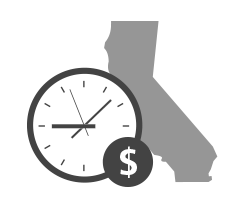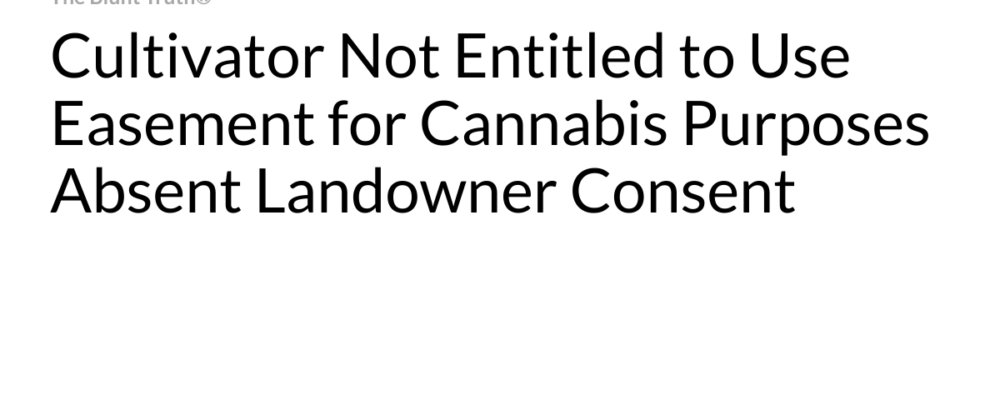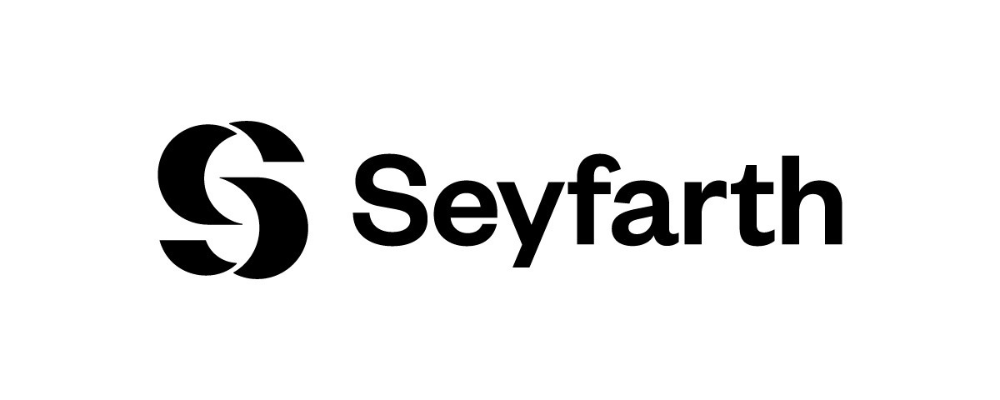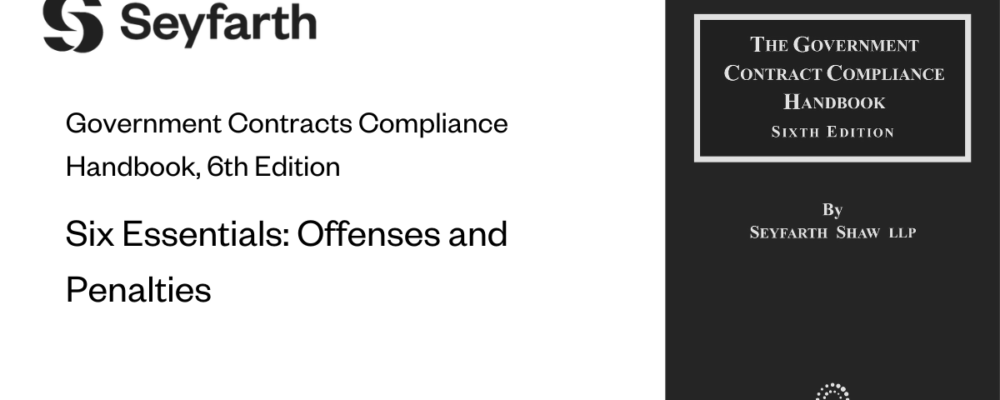By: Phillip J. Ebsworth and Brian B. Gillis
Seyfarth Synopsis: The California Supreme Court held that PAGA does not apply to public entity employers.
The California Supreme Court overturned the Court of Appeal and prior appellate court decisions to conclude that the PAGA statute, legislative history, and public policy support the conclusion public entity employers are not subject to PAGA actions for civil penalties. In doing so, the Supreme Court considered PAGA’s statutory language, which provides for penalties against “the person [who] employs one or more employees,” along with “person” defined by the Labor Code as “any person, association, organization, partnership, business trust, limited liability company, or corporation.” Labor Code § 2699(b); Labor Code § 18. The Supreme Court noted that a public entity does not fit the Labor Code’s definition of “person.”
The Court of Appeal, agreeing with prior appellate decisions, had held that Labor Code § 18’s definition of “person” was limited to alleged Labor Code violations where PAGA’s default penalties applied but not for Labor Code violations where a civil penalty is already provided. However, the Supreme Court held that Labor Code § 18’s definition of “person” applied to PAGA as a whole and not just default penalties such that public employers are not subject to PAGA. In doing so, the court noted that PAGA penalties could impose a significant financial burden on public entities, and in turn taxpayers, which would ultimately serve to hinder public employers’ ability to carry out their public missions.
“With approximately 900 lawyers across 17 offices, Seyfarth Shaw LLP provides advisory, litigation, and transactional legal services to clients worldwide.”
Please visit the firm link to site






